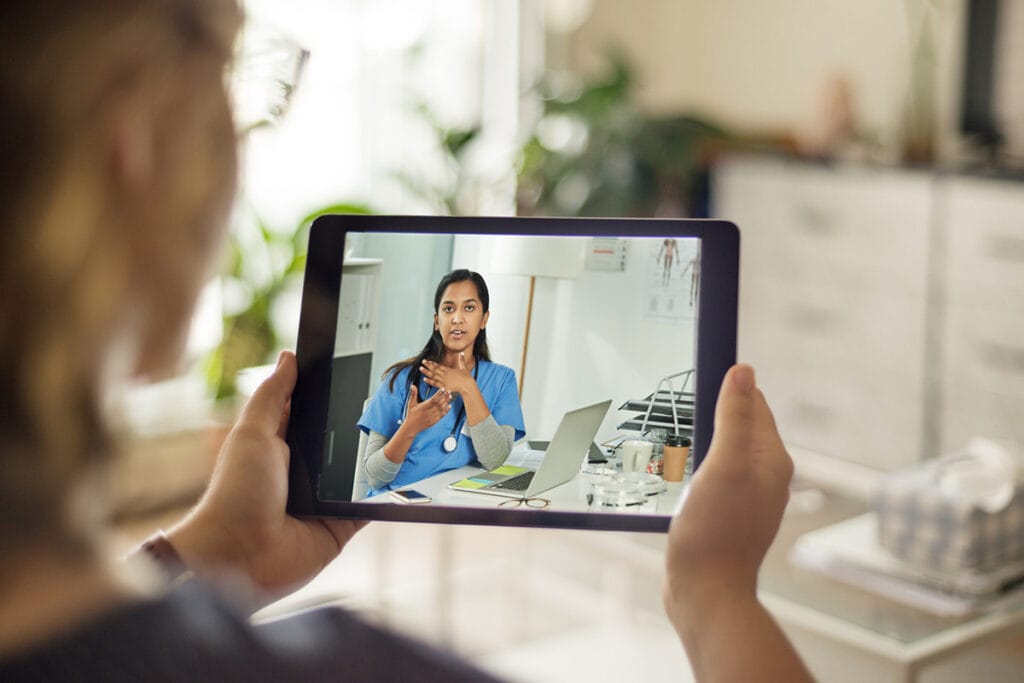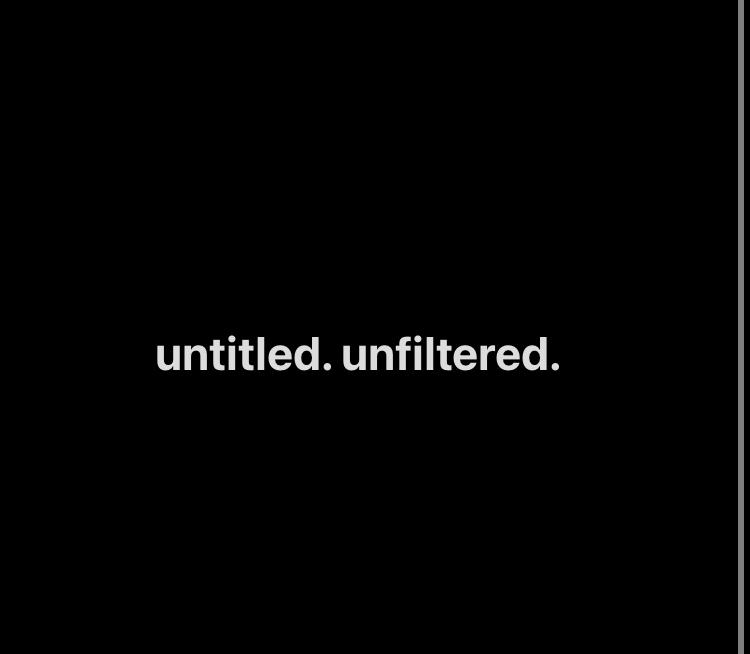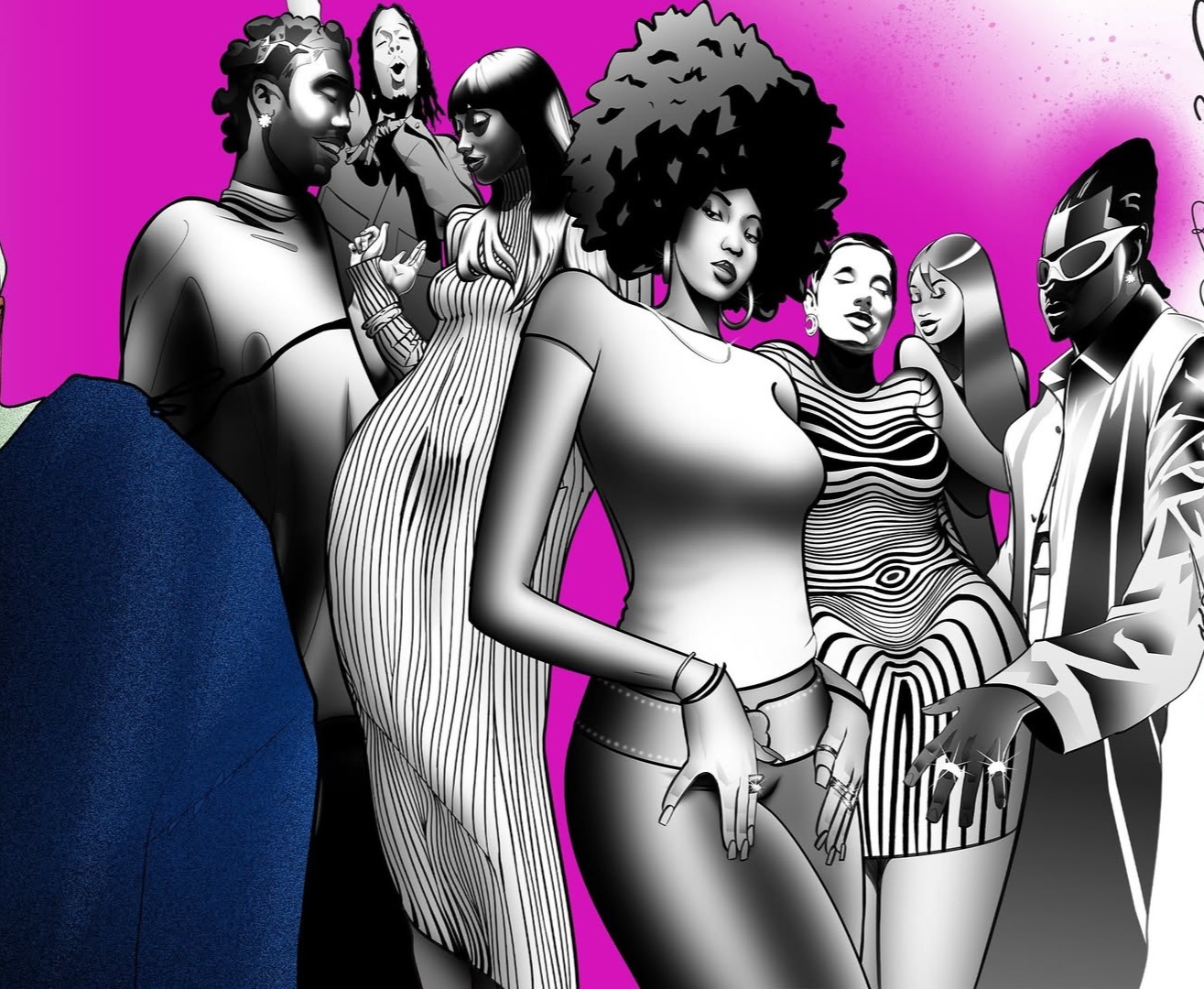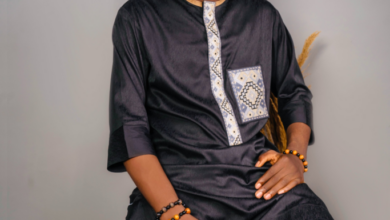Emergence of Content Creators in Medicine: The Beginning of The End?

The clock struck 12, marking the beginning of a new day, a new year, a new era. It was the year 2020, the air hummed with anticipation. Everyone had high hopes, a year pregnant with dreams and desires. Yet you all know the story, 2020 would take an unexpected turn and give birth to something even the so-called clairvoyant amidst us could not boast of foreseeing— a pandemic, the COVID-19 pandemic. The pandemic didn’t come alone, it was delivered alongside its “umbilical cord”, the global lockdown. Boredom, anxiety, fear, losses, unemployment, and many other morbidities peaked thanks to the lockdown. Boredom gave rise to innovation, borne out of the need to survive in the era of the ‘new normal’. Content creation took the Nigerian social media space by storm, and with just a click or swipe, consumers were served with skits, articles, vlogs, blogs, podcasts, and the like. Just as in the oil boom of the 1970s when oil became the black gold in Nigeria, we had the digital content creation boom of 2020 and content creation became “digital gold”.
Unlike social distancing, now a relic of days gone by, digital content has outlived the pandemic era. Digital content creators have appeared in all the fields you can think of, and our dear medicine has not been exempt. The medical field has proved to be fertile ground for content creators, what with the never-ending quest of people to find answers about their health. It’s rare to go even a week without encountering digital medical content, it’s ubiquitous. Infographics, articles and short-form videos abound. Medical content creators and influencers ultimately create a platform to engage patients and supply up-to-the-minute, information about innovations in medicine. A good example among these is Dr. Chinonso Egemba, popularly known as “Aproko Doctor”. He’s become a household name among medical content consumers, serving healthy lifestyle tips and debunking medical myths.

No doubt, content creators have contributed positively to the medical field. But while it’s true the emergence of content creators has come in handy in the medical field, we can’t ignore the downsides to this emergence. With the rise in the number of medical content creators, there has been a proportional increase in the number of quacks. These quacks feel knowledgeable enough to dole out “medical advice” despite not having spent a minute of their lives within the four walls of medical school. Misinformation, disinformation, and indeed, an infodemic have been on the rise, spreading like wildfire in Harmattan, with dire consequences in tow. Ludicrous headlines such as “You will never have reason to see a doctor again with these 7 health tips”, and “Say bye-bye to diabetes in 5 days” flood social media at the speed of light courtesy of these folks hiding under the moniker, “Content creator/influencer”. They sometimes go as far as showing off so-called fitness/ diet regimens to the public, shams in most cases. Yet their followers, unsuspecting victims, take the bait, hook, line and sinker. Misinterpretations often spread unchecked, especially when educational content is misunderstood. This can cause significant chaos. For instance, during the COVID-19 pandemic, a flood of misinformation arose from people mishearing the actual messages, leading to an ongoing cycle of misinformation and disinformation.
Another problem of the emergence of content creators in the medical field is the inappropriate styles some medical content creators adopt which causes more harm than good. Medical content creators/ influencers with the original goal of enlightening their audience lose focus and end up prioritising frivolities. They tend to focus more on entertainment than enlightenment, thus compromising the standards of the medical profession in the process. Don’t get me wrong, I’m not against entertaining the audience. It spices up content and who’d want to consume prosaic content, anyway? Entertainment using humour and storytelling in proper proportions that appeal to the audience would go a long way to function as a catalyst for enlightenment. For instance, “Aproko doctor”, a mainstay of medical content creation, utilises storytelling and humour to communicate and engage his audience without trivialising the raison d’être of his content— enlightenment.
Next on the litany of cons of digital content creation in medicine, is the widespread belief that one-on-one-patient-doctor interactions can be supplanted by digital content. People fail to understand that medical content creators give medical education, not medical advice, and conflate the two rather dissimilar concepts. Even when doctors make digital content it should not be seen as a substitution for medical advice which can only be gotten when you have a personal interaction with medical personnel.
The question now is not if there are cons but “How fatal are the cons?” With the rise in the spread of misinformation, there has been a proportional rise in deaths, escalation of health issues that could have been nipped in the bud, lack of faith in the medical system, representation of the medical system in a poor light and the list goes on and on. Whether we like it or not, digital content creators in the medical field have come to stay but how can we strengthen the pros and weaken the cons of this emergence? To curb the spread of misinformation, a system should be established to regulate the creation of medical content and its creators. Not just anyone should be allowed to create medical content simply because they have a phone and an opinion, only licensed medical professionals should be permitted to produce such. There should also be proper scrutiny of information before it is released into the digital space as medical content.
Medical personnel who double as medical content creators should always bear in mind that content creation is a calling that must be done meticulously. Research, clear analysis, proper communication, and audience engagement should form the backbone of their work. Additionally, healthcare professionals, including we, the apprentices of Hippocrates, should unite to educate people about the dangers of making digital content creators their doctors, dentists, and nurses. Avenues for easy doctor-patient interaction should also be created in order to keep those opting for the digital route to a minimum. Most people simply prefer digital content because it is easily accessible; with just a click or a swipe, answers to questions are supplied, wrong answers included.
While it may seem that the emergence of content creators in the medical field may be the beginning of the end, we should also bear in mind that with proper measures put in place, it can change the face of medicine for the better.
Eninlaloluwa Popoola





Apt and insightful.
Well-done, UIMSA